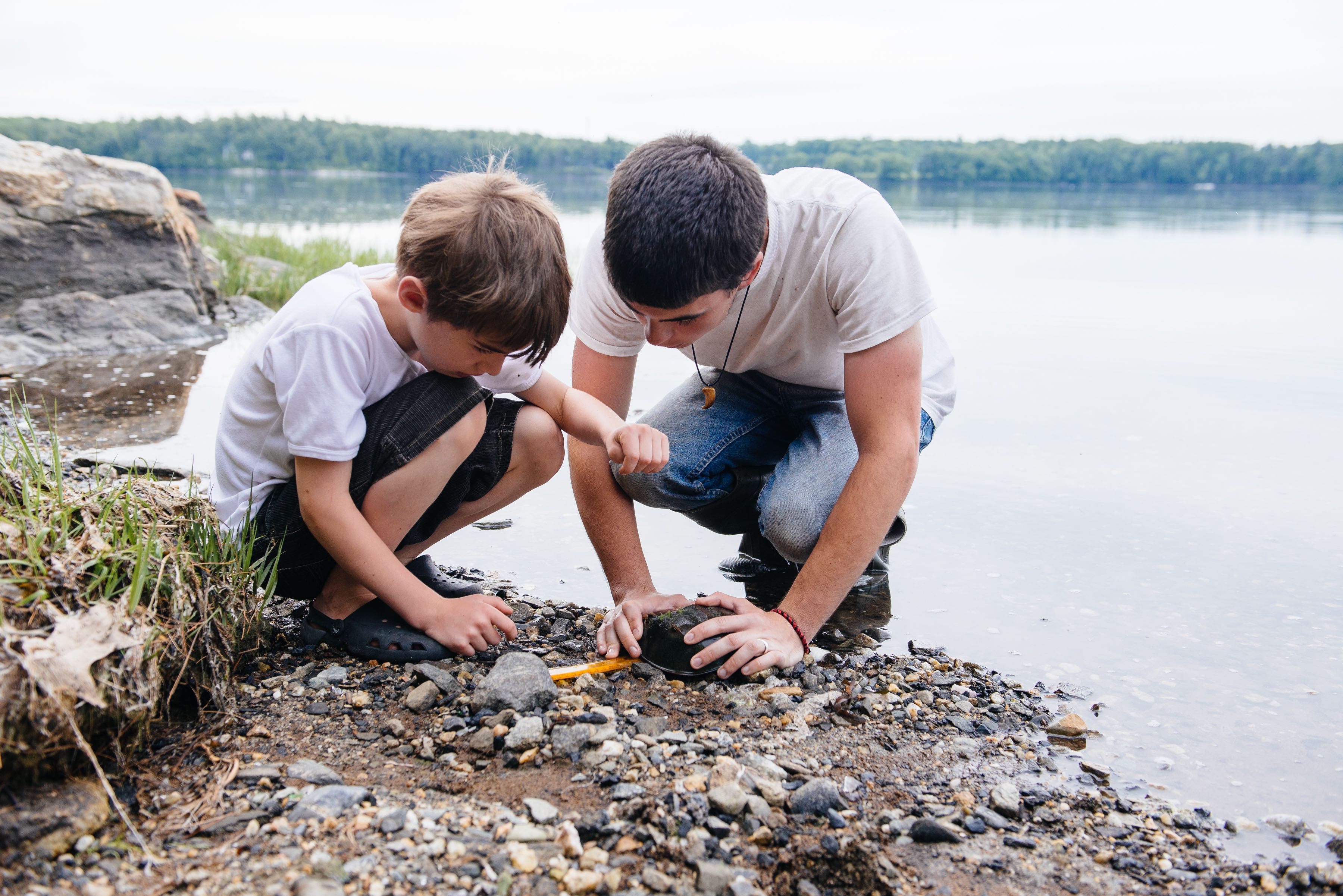
Researcher of the Week: Andrew Goode
As a part of a new social media initiative to connect you with our researchers, we are introducing the Maine EPSCoR and SEANET Researcher of the Week. Each week we will feature a graduate researcher on our social media and our website. If you would like to have your work featured, please contact us at maine.epscor@maine.edu.
This week’s Researcher of the Week is Andrew Goode. Goode is a PhD candidate in Oceanography, and currently works as a Theme 1 SEANET researcher. A native of Boothbay, Maine, Goode was fundamentally shaped by how he views the ocean environment. At a young age Goode became the first lobsterman in his family and continues to lobster fish to this day. His upbringing has given him a better understanding of the interconnection between the ocean and society, and is ultimately what drove him to want to study the ocean environment. In his education, Goode decided that he couldn’t pick just one area of study, as the value of the many delegations of biology seemed too compelling to pass up on, and became inspired to integrate his passions to study how oceanography influences the entire ecosystem. In doing so Goode says that he can “consider every possible organism that may be affected by a certain problem, and to the best of [his] ability, […] address that problem.” Through his research Goode is able devote his time and work to not only representing his community in Boothbay, but also his love of the ocean.
Having this fundamental love for the ocean and ocean science, Goode has devoted his educational and professional career to many fields of oceanography. Goode’s interests lie in oceanographic and biological factors that influence the health, behavior, and ecology of economically important species of the Gulf of Maine. These interests have led him to study areas such as horseshoe crab population dynamics, marine virus ecology, sea lice behavior, hydrographic variability of New England water masses, fishery impact to essential fish habitats, the influence of climate variability on demographic bottlenecks of American lobster settlement, and most recently how climate variability affects the suitable habitat of aquaculture species in Maine. The latter research project is titled “Hydrographic variability in the Gulf of Maine: Potential impact to major aquaculture species.” In this project, Goode is using hydrodynamic models, developed by his colleagues, to determine how optimal habitat for growing major aquaculture species has changed over the past few decades. Applying climate projections to these models, Goode and his colleagues are trying to determine how these optimal habitats will change in size and location. His work on these projects hopes to identify regions where aquaculture is most resilient, better predict how lobster landings may change in the future, and how all these factors may affect the economy of Maine.
